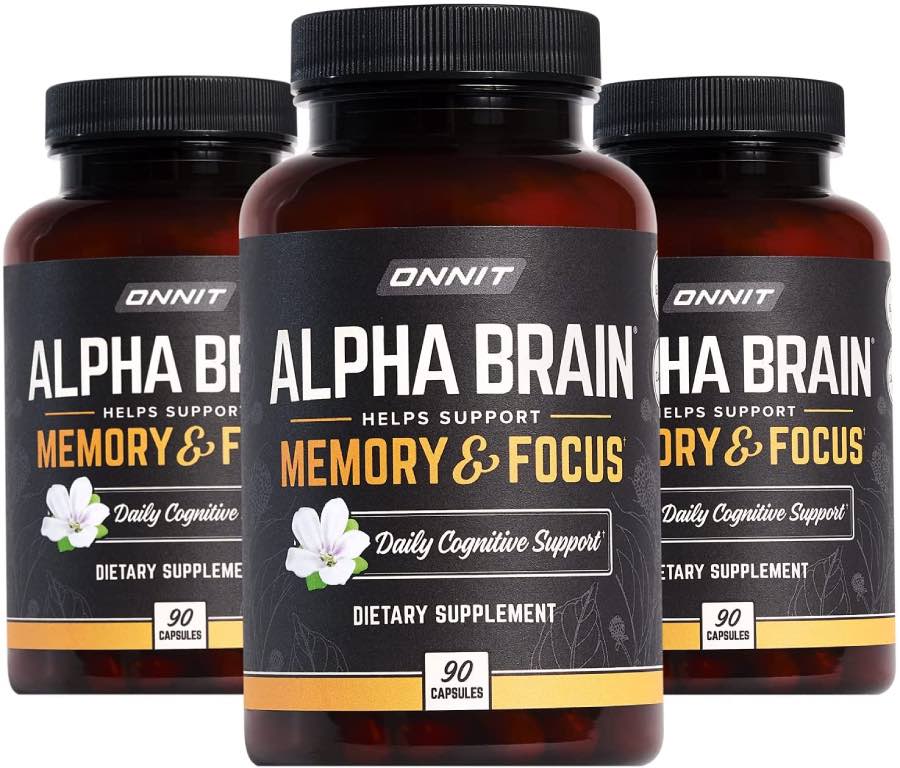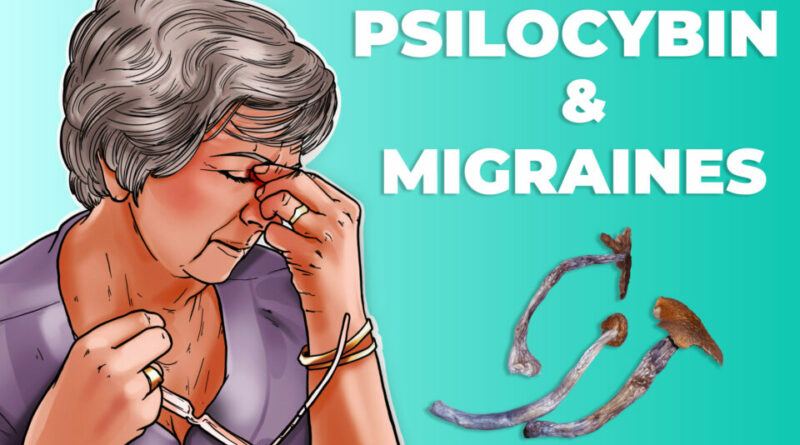Psilocybin Therapy: Migraine Treatment
[Please note that this page contains affiliate links. If you choose to purchase after clicking a link, I may receive a commission at no extra cost to you.]
There is no cure for migraines, and often migraine treatments don’t work that well, yet migraines affect about ten percent of the population.
A recent study gave people who suffer from migraines a placebo and then single dose psilocybin two weeks later. The results were optimistic, showing a drastic drop in migraines two weeks after the study.
Research into psychedelics has made a massive comeback and promising therapeutic potential for many mental health issues.
Psilocybin Therapy: Migraine Treatment
Many studies have been done with psychedelic therapy with medicines like psilocybin, LSD, DMT, and MDMA, treating anxiety, treatment-resistant depression, and addiction.
Unlike most medications, psychedelics can have profound, long-lasting benefits with just a single dose, such as cancer patients suffering from anxiety and depression.
A new study published in Neurotherapeutics shows promising results and opens new doors for the potential treatment of migraines that are often unbearable and chronic.
According to the Migraine Research Foundation, migraines are the sixth most debilitating illness and affect over 10 percent of the population.
Current treatments for migraines do help symptoms, but they can produce adverse side effects, and their effectiveness varies from person to person. In addition, people often have difficulty explaining the pain associated with migraines without trauma to the head.
What Migraines Feel Like
Most people explain a migraine headache as severe throbbing pain or a pulsing sensation, with extreme sensitivity to light and sound and often experience nausea and vomiting.
Migraine treatments range from prescription drugs and over-the-counter ones like Advil Migraine to doing things like taking a hot shower or meditation and yoga.
The researchers explained for years. Evidence suggests that psychedelics like psilocybin and LSD may help alleviate or prevent migraines as the pharmacology is like dihydroergotamine and other migraine medications.
Researchers created a placebo-controlled study that gave patients an active dose of pure synthetic psilocybin.
All patients were adults who had at least two migraines a week, including three men and seven women.
The patients had no serious medical or psychiatric diseases, and no one had abused drugs three months before the study.
The participants kept a migraine journal for when they experienced the brutal headaches for six weeks, starting two weeks before and two weeks after the study.
The migraine study was divided into two sessions. In the first session, patients received a placebo, and in the second session, the patients received a small dose of synthetic psilocybin.
After each session, the patients would fill out a questionnaire about the effects of the possible psychedelic they may or may not be experiencing.
No patients Reported Any Adverse Side Effects.
Most patients reported a dramatic decrease in migraines during the two weeks after the psilocybin session compared to the placebo session and at baseline.
There was a significant difference between taking the psilocybin and taking the placebo for migraine reduction.
The week after taking the placebo, people reported no difference to a high of a 20 percent reduction in migraines; The week after receiving the pure synthetic psilocybin, they had reductions ranging from 25 percent to 80 percent.
There was no correlation between reduction in migraines and how strongly the patients’ psychedelic effects were from the psilocybin. Meaning people who suffer from migraines don’t need a solid dose of psilocybin for the migraine relief benefits.
Migraine sufferers can get microdose psilocybin and not have to worry about the sometimes-unfriendly hallucinogenic effects.
There is a rare form of headaches called cluster headaches, and some people only find relief by taking psilocybin.


